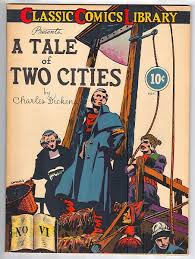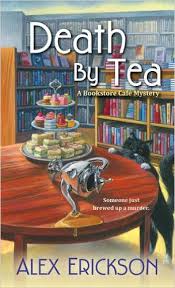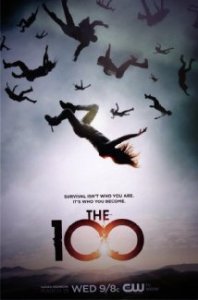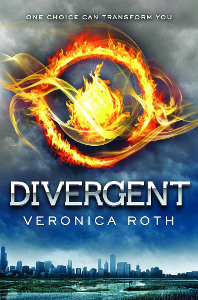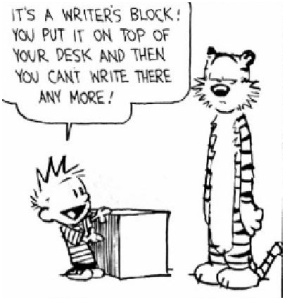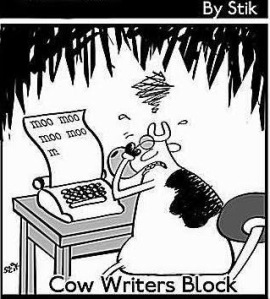Yesterday I attended the first ever Writing Well Creative Writing Workshop

Writing Well Creative Writing Workshop 2016
presented by Michele Chiappetta and Rob Harmon.
For the fullness of disclosure, Michele is a member of Purple Ink and Rob is a friend through my critique group. That being said, I appreciate the bias you may be reading into this blog, however, I entreat you to believe me when I say we all have enough mutual respect for each other to discuss openly our opinions.
The location of the workshop was Oxley Nature Center located in Mohawk Park. With panoramic views multicolored autumn leaves and the conference room sitting on a glistening pond, the atmosphere when arriving combined both peace and possibility.
While the attendees were small in number, Writing Well had some outstanding speakers on the guest list. Authors William Noble and Gordon Grice skyped in, while Raymond Shinault , Shasha Martin and Eilis O’Neal were able to attend in person.
The workshop was the result of Michele and Rob striving to fill a void in Tulsa. As Michele said in her opening remarks, “A community of writers connecting with other writers did not exist in Tulsa, so I decided to change that.” Just so you know, I’m paraphrasing- but you get the gist.
To their credit, that sense of community was delivered and delivered brilliantly.
From the t- shirt to the lunch to the workshops to the topics, Writing Well was an professional and excellent event. And I want more!!!
Just being around others who are interested in your craft is empowering and encouraging, but the exchange of ideas I was able to participate in went well beyond my expectations.
Engaging in a discussion with Murder of Storytellers members, Adrian Messmer and Jack Burgos, I found out they have been frustrated by the apparent lack of diverse writers in Tulsa. To combat this void they have formed a non-profit organization which will provide encouragement and instruction to school students encouraging them to write and thereby broaden their own outlook on the world. This is yet another outstanding example of working on positive change for Tulsa.
A friend of mine who I will call, S, attended the workshop at my encouragement. A woman whose project involves writing about personal experiences, she has chosen a far more challenging topic than most fledgling writers and I am happy to report she has accepted my invitation to attend an upcoming critique group! I am so, so excited to share in her journey!
The one complaint I had with the workshop(and it is more of quibble) was having the panels on top of each other. Choosing was difficult and while I understand this set up was due to time constraints I hope future Writing Well Workshops will go longer, allowing me to attend more and more panels. I had to miss my other Purple Ink mon ami, Donna Leahey!
During one of the discussions Rob enlightened me to the double meaning of Well in Writing Well. Again I paraphrase, “A well is deep, so we strive to encourage you to go deep into your writing to produce the best work you can.” As uplifted and renewed as I feel after this experience, I can assure you, I will take this to heart and give my writing the attention it deserves.
Unfortunately, I had to leave early to go to work. Walking down the steps to the parking lot I was disappointed I did not have time to attend the keynote address by O’Neal and, also due to time constraints, had not participated in the writing exercise facilitated by Shasha Martin, both would have been wonderful. But as I was lost in these disappointed thoughts I was startled to hear an unknown male voice telling me goodbye. A tall man wearing glasses who was also attending the workshop was coming into the center. I am embarrassed to admit I did not read his name tag, so I am unable to identify him appropriately. Anyway he shook my hand and said he was disappointed we had not gotten a chance to speak as he was excited to meet new writers also. Then he said he would see me next time.
So there needs to be a next time, Rob and Michele!
I was so impressed by the workshop and I fully expect it to grow and grow into a regular Tulsa event.
Thank you to all the wonderful writers who attended and participated. I learned from all of you!








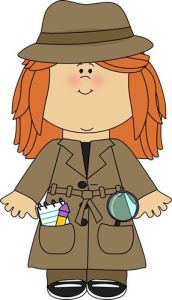
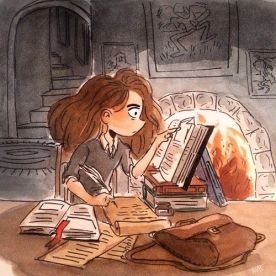 A few days ago, I picked up a pen and a spiral notebook and I watched the movie in my mind. When I looked down, there it was on paper, scrawled in a script no one but I could ever hope to read. It was full of spelling errors and grammar issues and there were doodles on the side of the page.
A few days ago, I picked up a pen and a spiral notebook and I watched the movie in my mind. When I looked down, there it was on paper, scrawled in a script no one but I could ever hope to read. It was full of spelling errors and grammar issues and there were doodles on the side of the page.